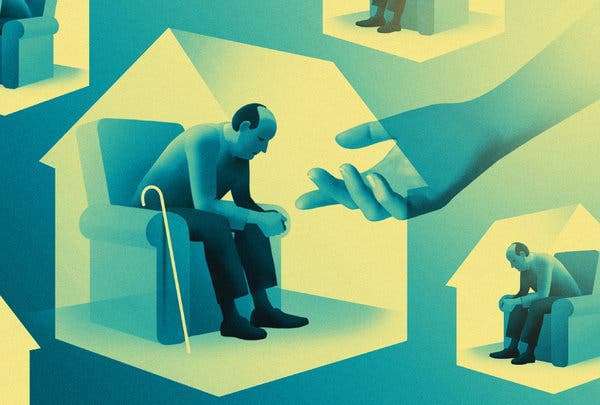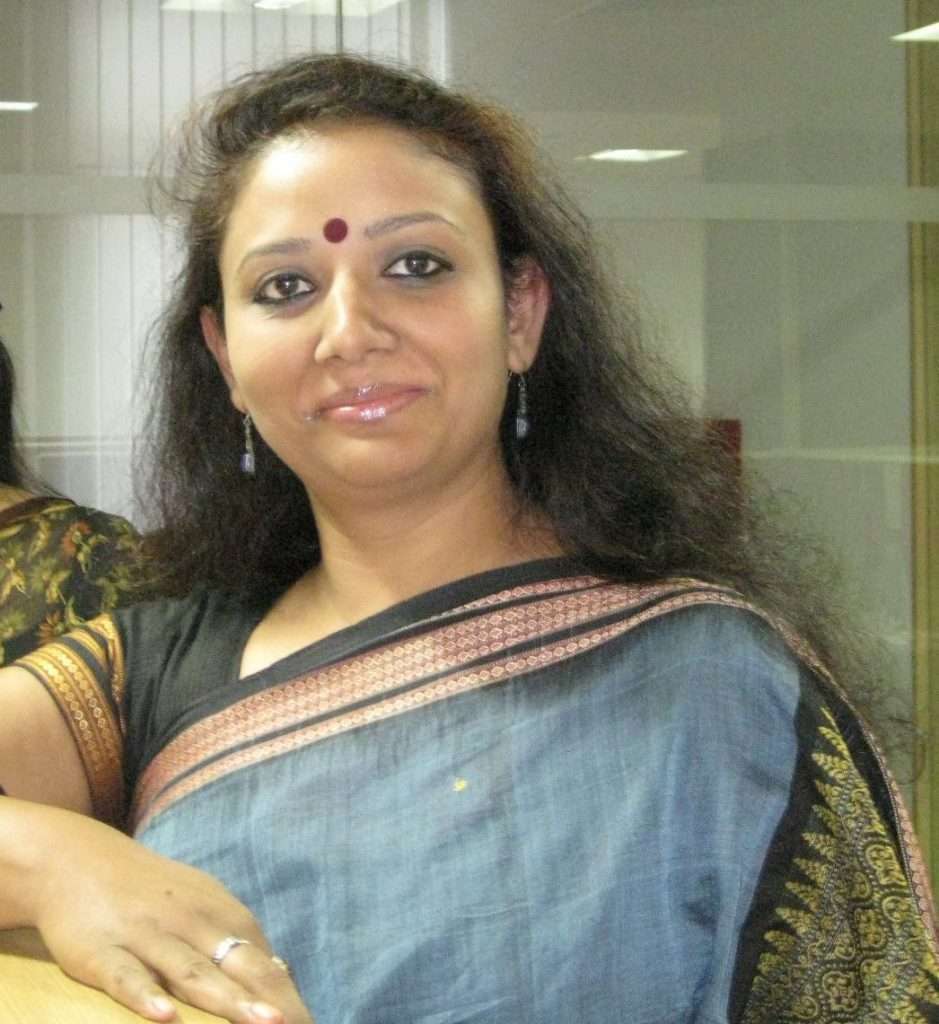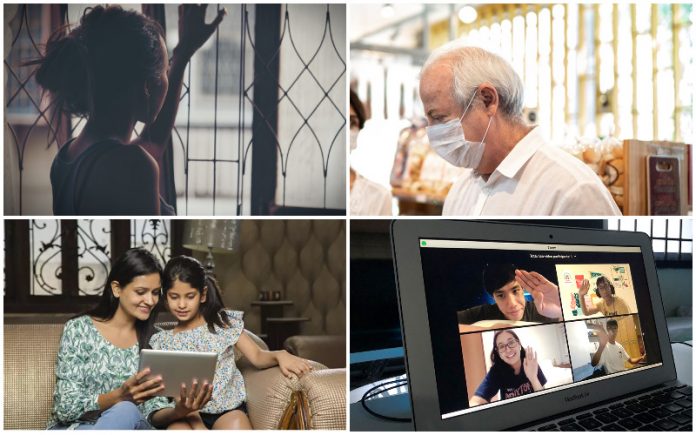As we inch towards the completion of four months of isolation first due to official lockdown and then self-isolation to prevent the spread of COVID 19 pandemic, many symptoms of depression, anxiety and panic attacks are being noticed in people. It was a difficult week for us as a family when one of our close relative was admitted to the hospital, no, not due to Corona but due to depression and anxiety. There was sudden weight loss and loss of interest in eating and he said he could not taste the food he ate and also that he was not sleeping well. His blood pressure had also shot up (this could be due to other reasons too). Let me also mention that he was a very active and social man, but due to lockdown he was stranded at home without any touch with the outside world. But after a brief stay at the hospital to our relief his condition stabilised and is back home. Things don’t strike home till someone close is affected, that’s for sure.
But we have to come to terms with the fact that this social isolation will continue indefinitely till some cure or vaccine is found for the Corona virus pandemic. In the meantime we have to take care of our mental-wellbeing.
Isolation affects mental health
We all know humans are social beings; we need to be connected to survive. Researchers have always believed that relationships are a biological need and vital to our well-being and survival. This forced isolation has caused loneliness in us. We feel cut-off from the world and its happenings. The World Health Organisation (WHO) has therefore encouraged people to continue socialising from a distance, like through a phone or via online platforms.
Let’s get to know the mental health risks associated with loneliness. Depression, anxiety, schizophrenia, suicide, dementia and Alzheimer’s disease can all be linked to loneliness. Researchers also say that there are reasons to believe that there are links between loneliness and some physical conditions such as heart disease and breast cancer.

Who are affected the most?
Older adults are mostly at risk. As it is our elderly were already feeling lonely due to retirement, widowhood, children leaving home or age-related health problems in normal circumstances. These reasons result in broken social ties, making it more difficult for the elderly to socialise but now due to isolation these have aggravated.
Also if we look at people with disabilities or health conditions then their conditions limit physical activity and so they find it more difficult to socialise outside their home. Imagine their condition during this pandemic.
If we think rationally all of us are feeling lonely these days. Working men and women are working from home with little or no interaction with colleagues, kids are not going to school and so are missing playing with their friends and interacting with their teachers and homemakers are stuck at home with added domestic workload and no interaction with friends are all feeling caged and lonely.
Think about the people who are divorced, are living alone or are single of all age groups. They too are affected.
The warning signals
Researchers are of the opinion that the results of loneliness and isolation are different depending on a person’s age. Different age groups show different signs, for example, people between the age group of 18–49 years may struggle to focus, or their eating pattern may alter. At the same time children and young adolescents may show their mental state through cognitive, behavioural, and emotional difficulties.
But here are some sure shot signs that a person’s mental health is affected by isolation. A person can feel depressed or become anxious, he/she becomes suddenly aggressive or passive, complains of insomnia, is not able connect the dots, has suddenly become forgetful or is neglecting self-care.
I sincerely advice people who notice the above symptoms in themselves and family members who see the above changes in a loved one to please seek help. Any change in mental or physical health due to isolation needs medical intervention.

Staying connected
We have to find ways to stay connected with others as it will reduce the effect of loneliness on our mental health.
We can and should reach out to our loved ones, friends, and those in need via many forms of communication available today. We have multiple social media platforms (Facebook, Twitter, Instagram, and others) to choose from and others like email, phone and text, or video chat platforms. Also you can also interact with your neighbours from a safe distance over your fences and boundary wall with your masks on.
Gyms, salons maybe closed due to COVID-19 pandemic, but it is possible to find exercise programs, beauty and grooming videos, and courses online. Do participate in online activities with other people it will promote a feeling of connectedness and decrease loneliness.
These are abnormal circumstances we are living in and it calls for unconventional ways to deal with it. We should practice physical distancing and not ‘social’ distancing to remain sane.
(The views expressed are the writer’s own)

Smita Singh is a freelance writer who has over 17 years of experience in the field of print media, publishing, and education. Having worked with newspapers like The Times of India (as freelancer), National Mail, DainikBhaskar and DB Post, she has also worked with Rupa& Co, a book publishing house and edited over 30 books in all genres.
She has worked with magazines like Discover India and websites called HolidayIQ and Hikezee (now Go Road Trip). She has also written for Swagat (former in-flight magazine of Air India), Gatirang (magazine of MarutiUdyog), India Perspectives (magazine for Ministry of External Affairs) and Haute Wheels (magazine of Honda).
After turning freelance writer she wrote on art and architecture for India Art n Design. She also worked for Princeton Review as a full-time Admissions Editor and then IDP Education Private Limited as an Application Support Consultant. Smita has her own website called bookaholicanonymous.com which supports her love for books and reading!
You can reach her at: [email protected]
(Collage with images from the net)

